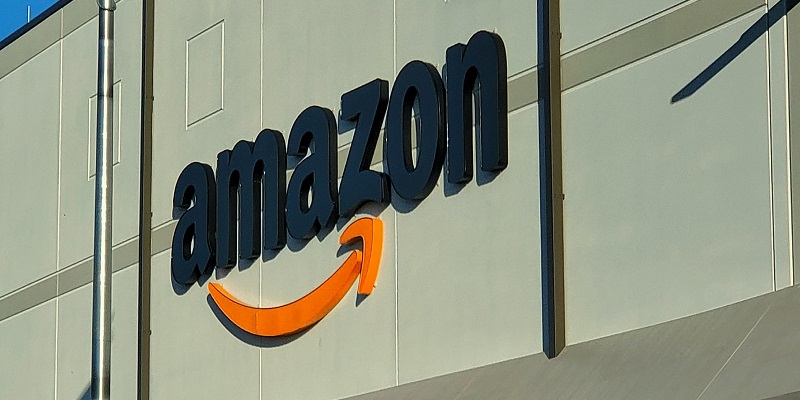In direct response to concerns over pay and working conditions, staff members at Amazon UK have taken strike action, demanding fair treatment and improved wages. This comes in the wake of Amazon’s recent announcement of a pay increase for its UK employees, representing a substantial £170 million investment. While the company believes that this pay rise demonstrates its commitment to its workforce, the GMB union argues that it falls short of addressing workers’ concerns. As tensions rise, it is crucial to understand the different viewpoints and the impact of these strikes on Amazon’s operations.
Amazon’s recent pay increase
The recent pay increase announced by Amazon is a significant move by the retail giant to address the brewing discontent among its UK workforce. With a £170 million investment, Amazon aims to not only improve worker morale but also attract and retain top talent. This pay increase signifies a noteworthy step forward for the company in acknowledging the importance of fair compensation and working conditions.
Significant improvements in pay and working conditions
Over the past two years, Amazon has made substantial progress in terms of raising the minimum starting pay for its employees. In fact, the pay will have risen by 20% within this timeframe. When compared to the figures from 2018, this represents a remarkable 50% increase. By implementing these wage hikes, Amazon hopes to alleviate some of the concerns raised by workers regarding their compensation.
Satisfaction with wages, benefits, and career development
John Boumphrey, the country manager for Amazon UK, emphasizes the company’s commitment to providing competitive wages, benefits, and ample career development opportunities. While these statements aim to reassure workers, some members of the GMB union believe that the promised pay increase is insufficient. The union raises concerns regarding the discrepancies between job roles, the stability of contracts, and the need for higher, livable wages.
Criticisms by the GMB Union
The GMB union has been at the forefront of organizing strikes at various Amazon warehouses. They argue that the pay rise offered by Amazon fails to adequately address the core concerns of workers. As union representatives advocate for better pay and working conditions, they stress the importance of a fair living wage that enables employees to support themselves and their families. While Amazon’s investment is commendable, the GMB union argues for a comprehensive approach to address these issues.
Recognition bid withdrawal
In a surprising move, the GMB union recently decided to withdraw its recognition bid at the Coventry warehouse. This decision raises questions about the effectiveness of strikes and highlights the complexities of negotiating with a large corporation like Amazon. The withdrawal also underscores the need for continued discussions and innovative approaches to improving workers’ rights within the company.
Recruitment plans for the festive season
Despite the ongoing strikes and simmering tensions, Amazon has announced plans to recruit an additional 15,000 seasonal staff for the upcoming peak festive season. This move signals the company’s determination to meet customer demands efficiently during this busy period. Amazon looks forward to welcoming back returning staff and integrating new team members into its operations.
The recent strike action by Amazon UK staff reflects a growing concern among workers about pay and working conditions within the company. While Amazon’s substantial investment in a pay increase demonstrates a step toward addressing these concerns, the GMB union argues that more needs to be done. The withdrawal of the recognition bid further adds to the complexity of the situation. As negotiations continue, it is crucial for all parties involved to collaborate, striving to find a fair and sustainable resolution that ensures the well-being and satisfaction of Amazon UK’s dedicated workforce.

